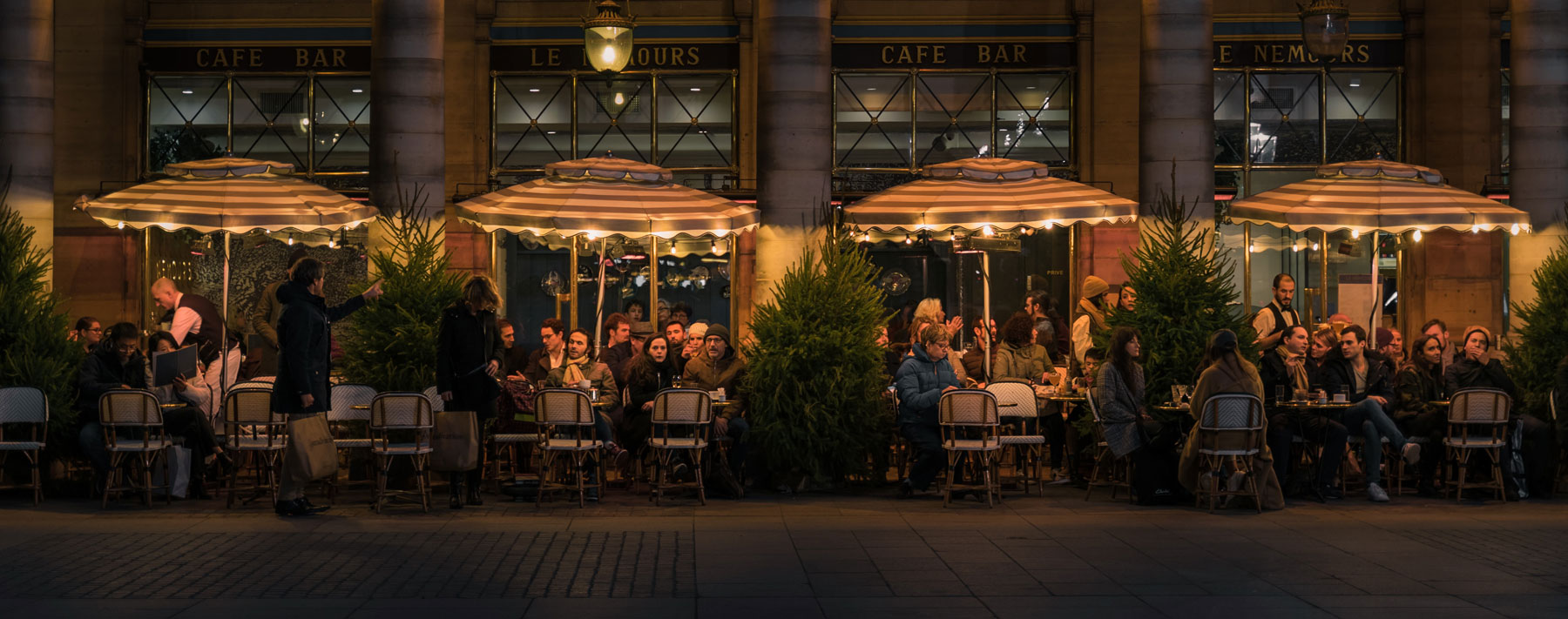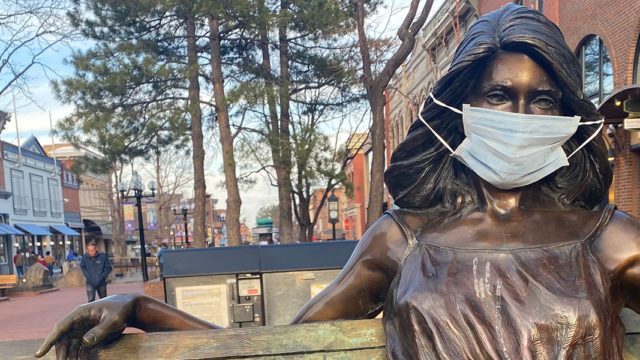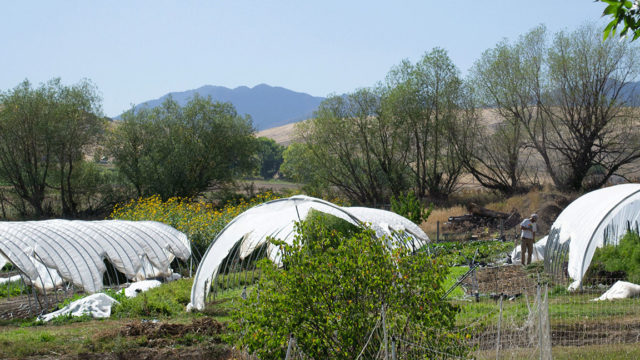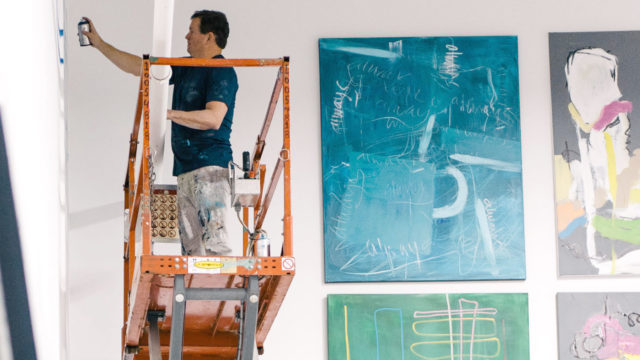While restaurants have kept alive by offering to-go menus throughout Covid, the financial squeeze of shutting indoor dining has put many in danger. Nearly a third of Boulder restaurants could shutter by September unless something changes, and it looks like this change might come in the form of a slightly different food scene on the streets this summer.
As Colorado announce its guidelines last week for restaurants reopening, such as tables at a minimum of eight feet apart and party sizes a max of six individuals, the city looks at repurposing public space to help set its businesses up for success.
This repurposing could involve the city potentially shutting down Pearl Street to car traffic between 9th and 11th streets to allow for restaurants to extend their outdoor seating into parking lot spaces.
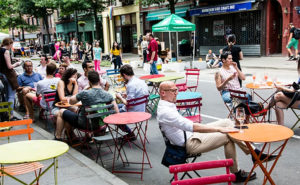
The new outdoor dining model echoes the European style of extending restaurant seating from the curb to where the nearest lane of traffic would be, often with little nooks built out of plywood and even set up with plants and twinkling lights. Pedestrians can still pass using the full sidewalk, and the street looks extra charming with each restaurant having a mini boat sidecar docked at its curb.
Council unanimously recommended this roadway closure downtown, including an area on University Hill. Other suggestions of streets to close from council included between 15th and 17th, or on the Hill between Pennsylvania Avenue and 13th Street.
[Read: The immense challenge of Boulder restaurant industry coming out of Covid-19]
Costs to innovate
To allow restaurants to physically extend their businesses in this way, city staff proposed waiving temporary minimum parking requirements and renting public parking spaces out front of their establishments to allow for extended, outdoor table service. The transition to licensing outdoor food service and alcohol sales could take up to two weeks, business owners have begun jumping on board to head the game.
Additional city and state fees totaling nearly $385 with alcohol service per parking space. The city does offer an alternate process for those who want to rent space without the service of alcohol.
According to staff presentation at last week’s city council meeting, restaurants and other businesses will have up to 60 feet along the curb for each “park-let” — as these spaces have become known.
Considerations in opposition to the outdoor seating proposal root in the cost of road closures, including materials and signage involved as well as staff time to monitor the closures.

